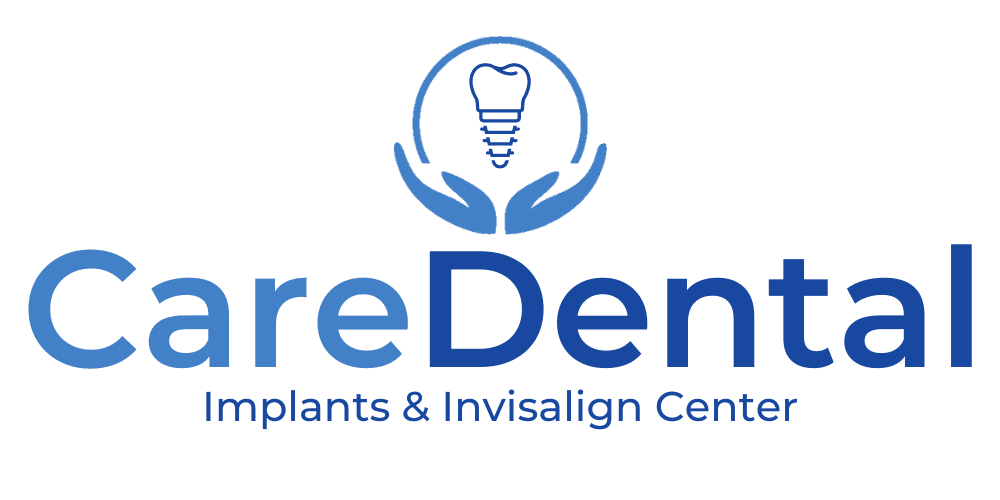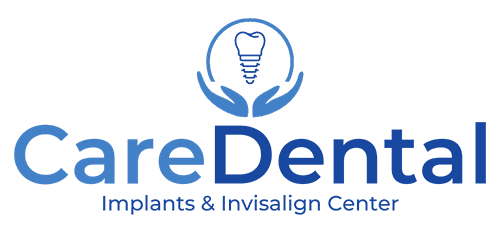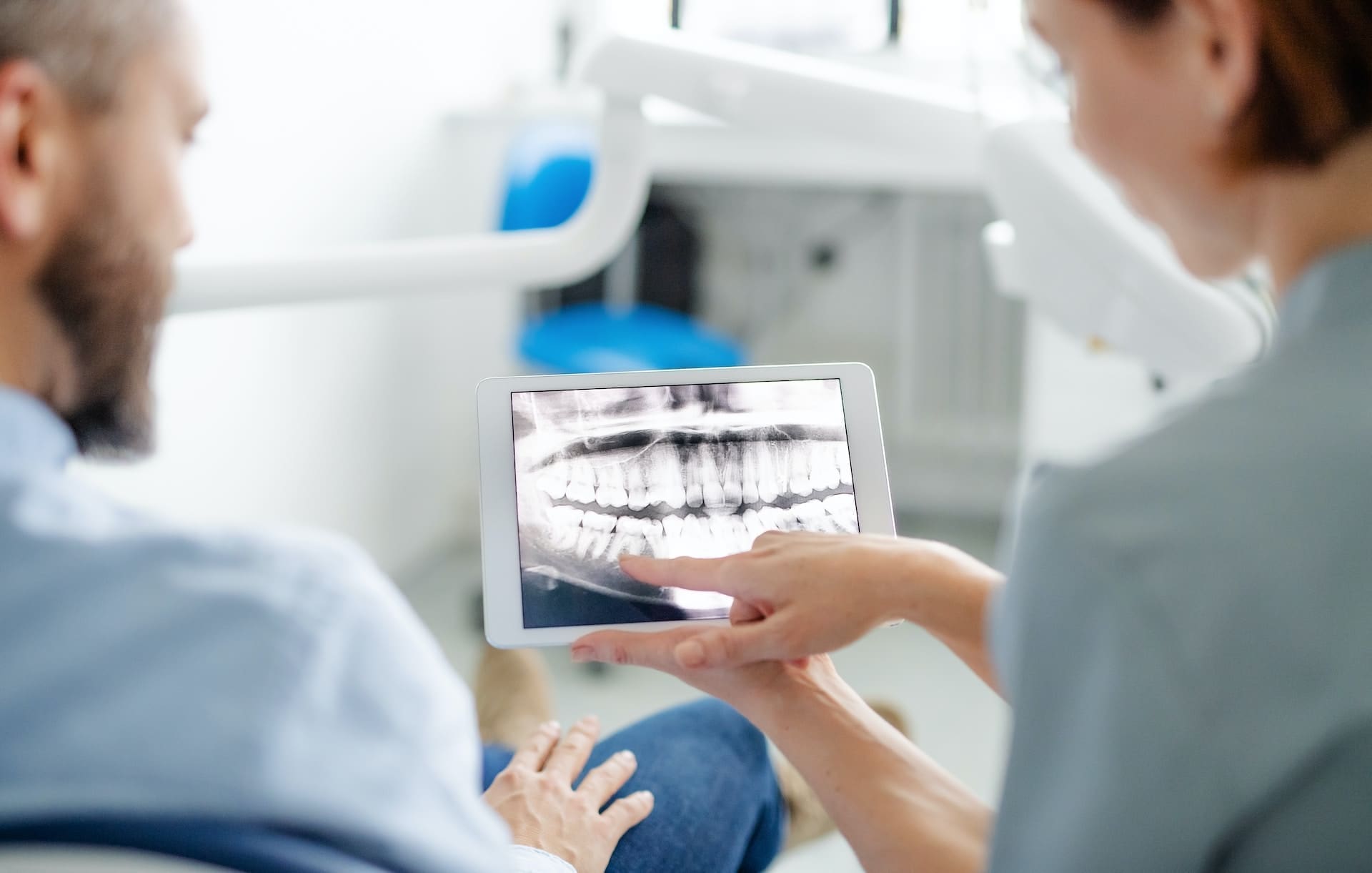Dental emergencies can occur without warning and cause significant pain or discomfort, demanding prompt attention and care. Familiarizing yourself with how to identify and manage these emergencies can help alleviate pain, prevent further damage, and ensure you receive appropriate treatment as quickly as possible. At Care Dental Implants & Invisalign Center in Quincy, MA, Dr. Beniwal and his team are committed to providing comprehensive emergency dental care to help patients safeguard their oral health and comfort.
In this informative guide, we will explore the various types of dental emergencies, including toothaches, knocked-out or broken teeth, lost or damaged restorations, and oral injuries. Next, we will discuss appropriate management strategies for handling these emergencies and minimizing pain and damage. Finally, we will highlight effective preventative measures to reduce the risk of experiencing a dental emergency, with a focus on regular dental check-ups, oral hygiene practices, and safeguarding against accidents.
Types of Dental Emergencies
Severe dental issues can classify as emergencies because they profoundly affect your oral health.
1. Severe Toothaches: Intense, persistent pain may indicate an infected or abscessed tooth, which requires immediate attention to prevent further damage and relieve discomfort.
2. Knocked-out or Broken Teeth: Traumatic events can cause teeth to break, crack, or become completely dislodged from their sockets. Receiving prompt dental care can increase the chances of saving the tooth and preventing further complications.
3. Lost or Damaged Restorations: If a filling, crown, or other dental restoration becomes damaged or dislodged, the exposed tooth may be at risk for infection, decay, or sensitivity, necessitating timely treatment.
4. Oral Injuries: Lacerations, punctures, or other injuries to the lips, cheeks, gums, or tongue can result in significant pain, bleeding, or risk of infection and should be addressed promptly by a dental professional.
Managing Dental Emergencies
Knowing how to respond to a dental emergency can help minimize pain, reduce the risk of complications, and preserve your oral health:
1. Severe Toothaches: Rinse your mouth with warm water and floss gently around the affected tooth to remove any debris. If swelling is present, applying a cold compress to the outside of your cheek may provide relief. Contact your dentist for an emergency appointment.
2. Knocked-out Tooth: Pick up the tooth by the crown (avoiding the root) and gently rinse it with water. If possible, place the tooth back into its socket, or store it in a cup of milk or saliva. See your dentist as soon as possible, as time is of the essence for successful re-implantation.
3. Broken Tooth: Rinse your mouth with warm water to clean the area, and apply a cold compress to reduce swelling. Collect any broken tooth fragments and bring them with you to your dentist, who will determine the best course of action for repair.
4. Lost or Damaged Restorations: If a filling or crown is removed, clean the area and call your dentist to schedule an emergency appointment. Keep the restoration in a safe place, as it may be repairable or used as a temporary solution until a new one can be created.
Preventing Dental Emergencies
Although you can’t prevent all dental emergencies, adopting these preventative measures can help minimize their risk.
1. Regular Dental Check-ups: Schedule routine dental exams and cleanings to allow for early detection and treatment of potential issues before they escalate into emergencies.
2. Maintain Good Oral Hygiene: Brush your teeth twice a day, floss daily, and use an antibacterial mouthwash to keep your mouth clean and minimize the risk of infection, decay, and gum disease.
3. Wear a Mouthguard: If you participate in contact sports or activities with a high risk of injury, wear a custom-fit mouthguard to protect your teeth, gums, and soft tissues from damage.
4. Avoid Using Teeth as Tools: Do not use your teeth to open packages, chew hard objects, or engage in any behavior that could chip, crack, or fracture them.
When to Visit Your Dentist
Knowing when to seek professional help is vital during a dental emergency. Reach out to your dentist immediately if you experience any of the following:
1. Intense pain that interferes with daily activities, sleep, or results in fever.
2. A tooth that is loose, broken, or knocked out.
3. Signs of infection, such as redness, swelling, or discharge at the site of a tooth or injury.
4. A damaged or lost dental restoration.
Conclusion
Facing dental emergencies can be disconcerting and painful. However, by understanding how to identify, manage, and prevent these pressing situations, you gain control over preserving your oral health and comfort. Rely on the expertise and unparalleled care provided by the team at Care Dental Implants & Invisalign Center in Quincy, MA, to address any dental emergency promptly and compassionately, ensuring your well-being and peace of mind.
To learn more about dental emergency services or to schedule an appointment, contact Care Dental Implants & Invisalign Center today. Our dedicated dentists in Quincy, MA are committed to offering comprehensive, personalized care to help you maintain a healthy, confident smile regardless of the circumstances.


